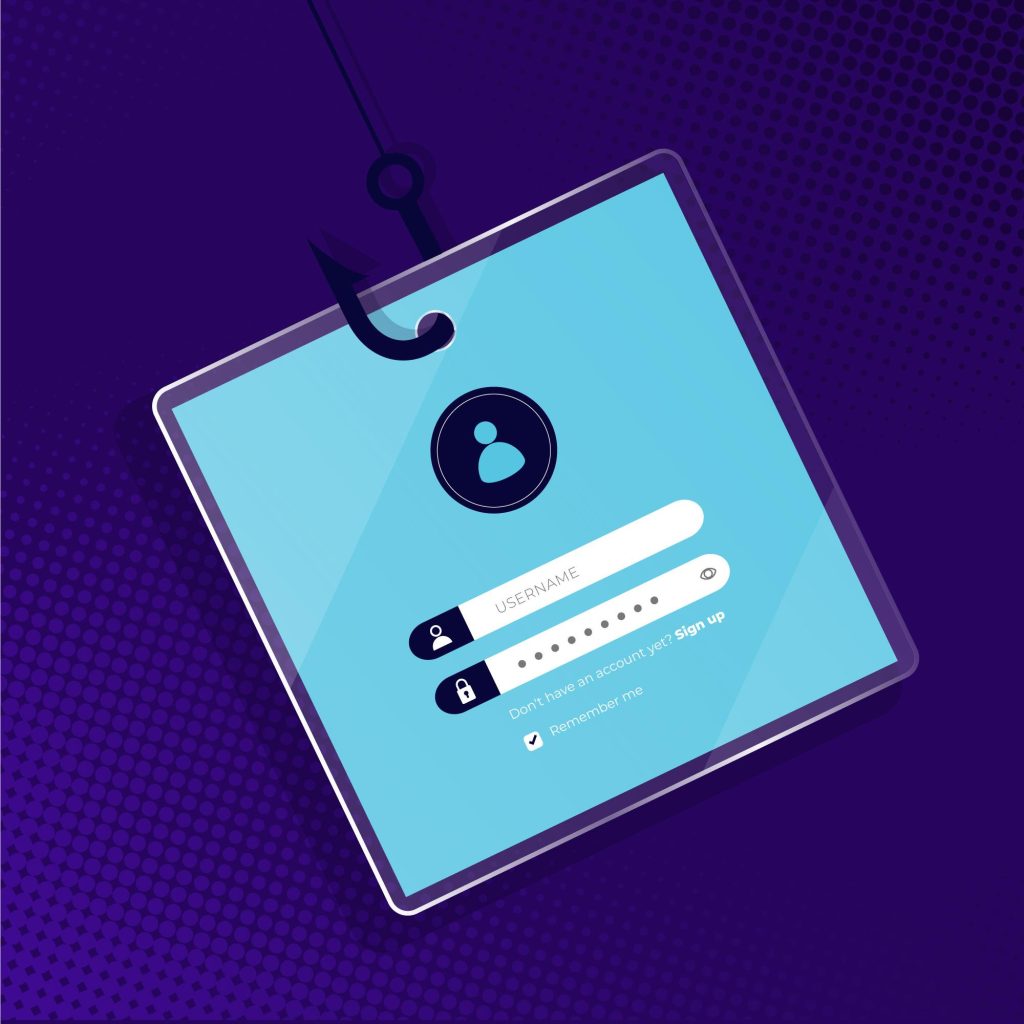Two–factor authentication (2FA) is a security blend that can be used for protecting your website log-in. It works by giving a vital code to be entered after the initial entry of login credentials. This helps to prevent weak or exploited passwords from being used to gain access.
A personal computing password has been the basic security requirement for almost everything from personal emails to corporate bank accounts. However, cybercriminals have a versatile arsenal of tools that scale brute–force attacks and beat the majority of passwords.
What is Two–Factor Authentication?

Two-factor Authentication is like adding another verification level, making it tough for unauthorized intruders to break in and access the WordPress login page. Once you post your username and password in the respective fields, you’re asked for another code, which you have to get from an app.
Two-factor authentication is explained in two parts:
Indeed, two-factor authentication (2FA) typically involves two distinct components or factors to enhance security. These components are designed to ensure that access to an account or system requires more than just a password, making unauthorized access more difficult. The two parts of two-factor authentication are:
Something You Know:
This is the traditional authentication method, often a password or PIN. It’s a knowledge-based factor that the user possesses. Examples include a username and password combination.
Something You Have:
This involves a physical item or token that the user possesses. Common examples include a smartphone, security token, or smart card. The possession of this item adds an extra layer of security beyond the password.
In the case of mobile apps like Google Authenticator or receiving a code via SMS, the possession of the mobile device serves as the second factor.
The combination of these two factors adds an extra layer of security because even if an attacker manages to obtain the password (something you know), they would still need the second factor (something you have) to gain access. This helps protect against various types of attacks, such as phishing, keylogging, or credential stuffing, where having just the password might not be sufficient for unauthorized access.
Read: SSL Certificate and Types of SSL Certificates: Complete Guide
Do I Need 2FA on My WordPress Website?
Yes, you need to protect your work – whether it’s just a hobby or professional work. For eCommerce and more mission–critical websites, 2FA is a compulsory step that must be completed to protect the website and customer data, along with their addresses and payment info. Selecting the most robust web host available will ensure that security is at the forefront is a smart choice.
Checklist of Best Two-Factor Authentication Plugins

-
Google Authenticator – Two-Factor Authentication (2FA):
Offers 2FA using the Google Authenticator app.
Simple setup and widely used.
-
Two-Factor Authentication:
Developed by WordPress contributors.
Supports multiple 2FA methods, including email, TOTP, and FIDO U2F.
-
Duo Two-Factor Authentication:
Integrates with the Duo Security service.
Provides multiple authentication methods, including push notifications, passcodes, and phone calls.
-
iThemes Security:
Formerly known as Better WP Security, iThemes Security includes 2FA features.
Offers various security features in addition to 2FA.
-
Wordfence Security:
A popular security plugin that includes 2FA features.
Provides firewall protection along with malware scanning.
-
Clef Two-Factor Authentication (No longer available as of March 2017):
Note: Clef was a widely used 2FA plugin, but it was discontinued in 2017. However, it’s still mentioned here as some users might still be using it, and it’s essential to find an alternative.
-
MiniOrange 2FA:
Supports multiple 2FA methods, including OTP over email, OTP over SMS, and Google Authenticator.
Can integrate with various third-party apps.
-
Rublon:
Provides 2FA using a combination of email and mobile authentication.
User-friendly setup and integration.
-
UNLOQ:
Offers a variety of 2FA methods, including push notifications, QR codes, and offline codes.
Can be integrated with other UNLOQ-enabled websites.
-
YubiKey Plugin for WordPress:
Enables the use of YubiKey hardware tokens for 2FA.
Requires users to possess a YubiKey device for authentication.
Read: As a Web Designer What Steps I Should take to select Reseller Hosting
Bottom line: Which Plugin you’re opting for?
Before installing any plugin, ensure that it is compatible with your Cheap WordPress hosting provider in USA version, and consider checking recent reviews and updates. Additionally, always keep your WordPress installation and plugins updated to the latest versions for security reasons.

